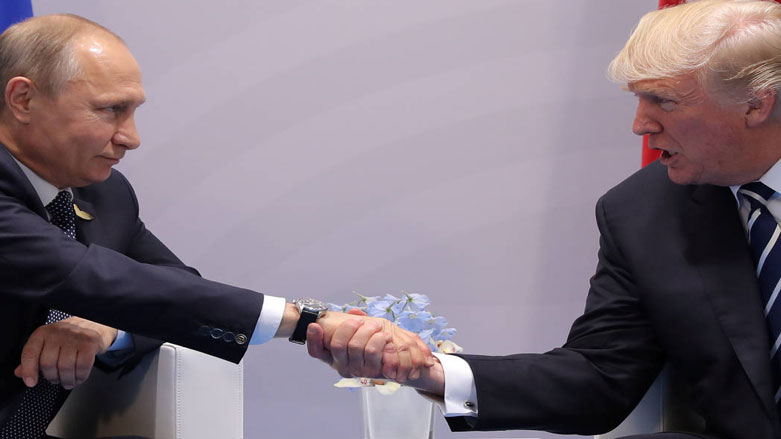US Ends Covert Support to Arab Rebels Fighting Assad

WASHINGTON, DC (Kurdistan 24) - The US has ended its clandestine support to Syria’s armed Arab opposition, American officials have disclosed.
The program was separate from US aid to the Kurdish-led Syrian Democratic Forces (SDF) fighting the Islamic State (IS), and the end of its support to the Arab opposition does not affect US backing for the SDF.
The decision was taken almost a month ago, The Washington Post reported. The aid cut-off involves opposition groups along Syria’s border with Turkey, as well as its border with Jordan.
With Turkey and Saudi Arabia, Jordan was the third US ally participating in the clandestine effort against the Syrian regime. The program began in 2013 under former President Barack Obama, but once Russia intervened militarily to support Assad in 2015, the opposition became ineffectual without more outside support, which Obama was reluctant to provide. Jordan came to favor ending the program.
The White House, in consultation with CIA Director Mike Pompeo, made the decision to end the covert assistance ahead of the G-20 summit on July 7 in Germany, where Trump had two friendly meetings with Russian President Vladimir Putin.
Moscow had long opposed the US program. Presumably, Trump conveyed his decision to Putin, who would have been very pleased to hear it.
Following the summit, Washington announced it had reached an agreement with Russia on establishing a “de-escalation zone” in southern Syria, along the Jordanian border and the Israeli-controlled Golan Heights, where a ceasefire was to take effect.
On Sunday, as Israeli Prime Minister Benjamin Netanyahu visited France for a ceremony marking the 75th anniversary of the expulsion of Jews from Paris during World War II, he informed reporters of Israel’s opposition to the Russian-American agreement.
Israel had earlier explained its objections to the US, as well as Russian officials, including in phone conversations Netanyahu had with US Secretary of State Rex Tillerson and with Putin, shortly before the agreement was finalized.
Israel’s objections concern Iran. As a senior Israeli official told the Haaretz newspaper, Iran seeks to substantially increase its military presence in Syria, including establishing an airbase and a naval base there.
Israel is also worried about who will enforce the ceasefire. It does not want Iran, Hezbollah, or any other Iranian-backed militia to do so. It also does not want Russian troops along its border.
When Israeli officials finally saw the text of the US-Russian agreement, they were disappointed. “The agreement as it is now is very bad,” a senior Israeli official said. It “creates a disturbing reality in southern Syria.”
The US decision to cut its covert support to the anti-Assad rebels, along with its agreement with Russia, apparently signals a broader shift by the Trump administration. It seems that overthrowing Assad is no longer an objective of US policy. If the ceasefire in the southern de-escalation zone holds, Washington will likely join Moscow in establishing more such areas elsewhere in Syria.
Editing by G.H. Renaud
